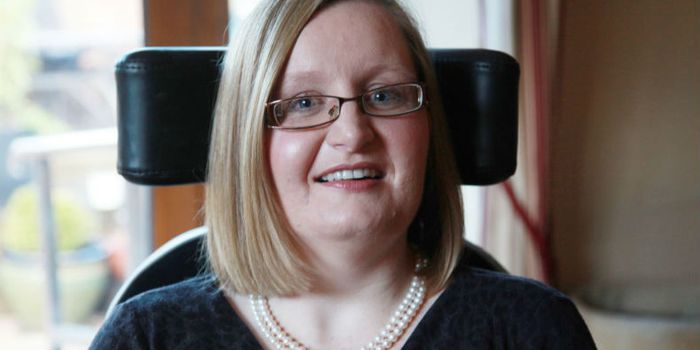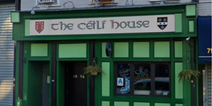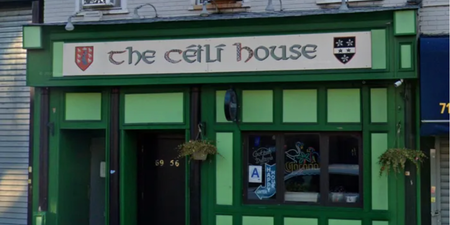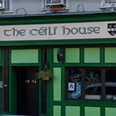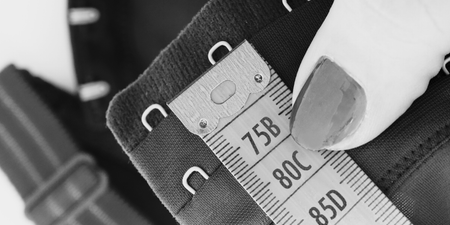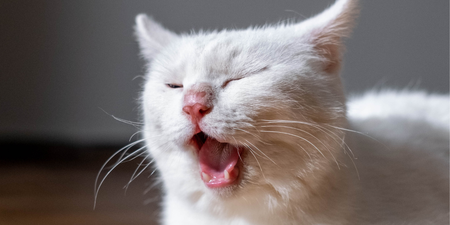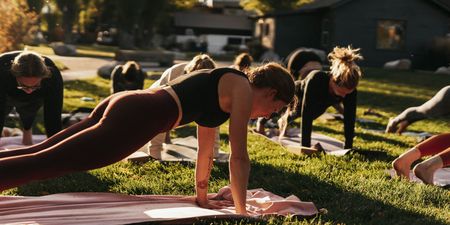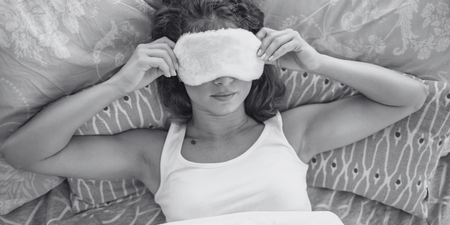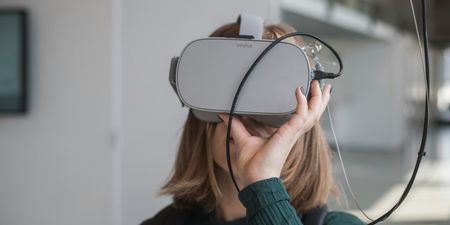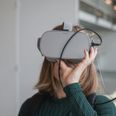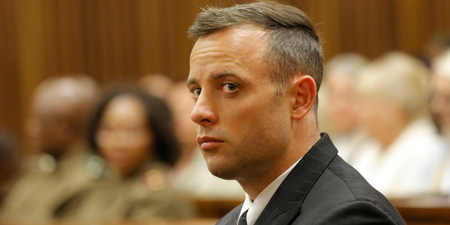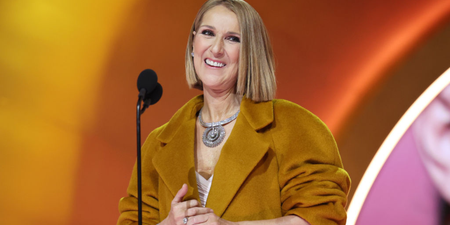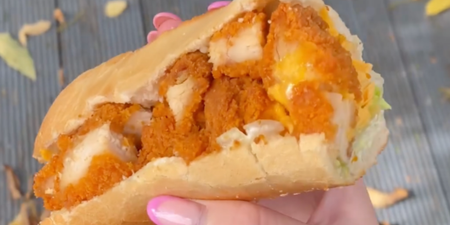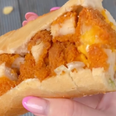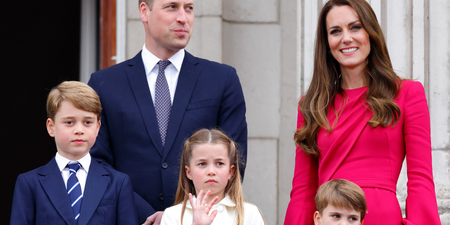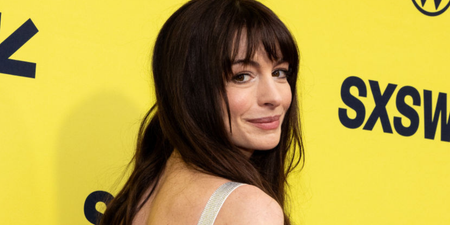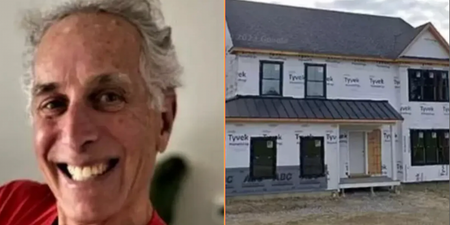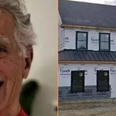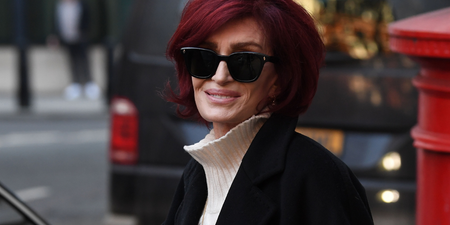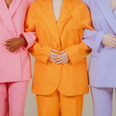Motor Neurone Disease (MND) is a progressive neurological condition that attacks the motor neurones, or nerves, in the brain and spinal cord. This means messages gradually stop reaching the muscles, which leads to weakness and wasting.
MND can affect how you walk, talk, eat, drink and breathe.
Last year, social media was taken over by the #IceBucketChallenge, but how many people really understood the effects of people living with this condition?
Dublin mum Sharon Friel opened up to us about her battle with MND, the shock of diagnosis and how she copes with the help of family, friends and her little 6-year old boy Senan.
Sharon, can you tell us how you were diagnosed with MND? What symptoms did you spot?
Back in September 2011 my left calf muscle started to feel strained. I thought I was wearing shoes that were too high so wasn’t really over concerned. I attended a Physiotherapist who gave me different exercises but my leg continued to dis-improve.
In January 2012 I went to my GP, and at this stage I couldn’t stand up on my left tiptoe, but again I was not too worried. My very astute G.P, Doctor Antonia Lehane referred me to a neurologist straight away. That was when I first thought, ‘oh God something is wrong’. I then went through a series of tests with the neurologist such as a brain scan, spine scan, and lumber puncture. All the test results came back clear so I began worrying a little less even though I had now developed a limp. Strangely enough for me I didn’t research my symptoms on line; maybe I knew deep down it wasn’t good.
At the last appointment with the neurologist he informed us he had to refer me on to Professor Hardiman for a second opinion and then for the first time ever I heard my name and motor neurone disease in the same context. He told me “we couldn’t rule out Motor Neurone Disease”. And there it was, my death sentence, handed to me on a sunny July day in Dublin city.
Two weeks later I met Professor Hardiman and her team and it was all confirmed, the slight limp was indeed the beginning of the end.
Were you aware of the condition before your diagnosis?
Yes I was aware of the disease, but always associated it with older men. I’d only ever heard of famous men such as Colm Murray, Stephen Hawking, Lou Gehrig etc.
I also knew it was fatal.
What advice and support was available to you from your time of diagnosis?
Professor Hardiman and her team kicked into action straight away on the day I was diagnosed. The IMNDA immediately provided me with a counsellor to provide emotional support. My counsellor had previous experience with MND patients so was well equipped for my shock, fear and fragility.
With most types of MND the changes to your body happen gradually, nothing happens suddenly, you don’t just lose the ability to walk or talk overnight. You have time to somewhat adjust and prepare to the changes going on. My MND has a definite pace, I feel every two weeks a change happens, another thing goes, another loss. MND teaches you to live with a constant stream of losses, you are constantly grieving your old self, your old abilities, your independence.
At every stage of the way the IMNDA in particular & the HSE have been there providing me with the support and equipment I’ve needed.
Was it a big shock to your family? How does it affect them on a daily basis?
Yes it was a tremendous shock to us all. My symptoms, although clearly progressive, were relatively minor at the time I received my diagnosis. This big scary disease now owned me yet I felt and appeared so normal and healthy at that time.
My husband is my rock, he does everything for us. As well as working full time he is effectively a single dad, a carer and an Irish mammy fussing over our 6 year old son & myself.
Mum and Dad love to travel but have not left the country since my diagnosis. They are with me most days – helping out, driving me to appointments & just supporting me to help make life easier.
How did you start preparing for the effects of MND in your home and personal life?
With the support and advice of my Occupation Therapist Colette we started making changes when I became unsteady on my feet. Luckily my father and husband are both very handy so they were able to make all the changes around the house.
What are your biggest daily challenges of dealing with MND?
Getting out of bed in the morning and everything else that follows through the course of a normal day. I need assistance to do everything. I am fully dependent on others and have lost all independence.
Luckily, I have a fantastic team of carers who enable me to lead an independent life, they are my A Team. My morning time carers Jackie and Patricia come in all happy and get me up, showered, dressed and ready for the world. Then at night June and Caroline come in for a song and maybe a dance before they whisk me off in the hoist and put me to bed! I get on great with my carers – I’m blessed to have such lovely people around me who truly do care. My son loves all the carers, he gives them all a kiss and hug goodnight.
Tell us about the sponsored silence campaign for MND this February?
Between 80-95% of people living with MND will experience some loss of speech before they die. This February the IMNDA asking people to take on a sponsored silence to experience what it would be like to not be able to communicate. Stay silent for 30 minutes at work, school or even at home alone. During this time of reflection think ‘if today were the last day you could use your voice, what would you say?’ Share your last words on Facebook and twitter (@IMNDA) by using #Voice4MND.
All you have to do is pick a day, time and location where you will take on your sponsored silence. Sponsor cards are available from our office, just email [email protected] or you can text MND to 50300 to donate €2 (100% of text goes to IMNDA across most network providers. Some providers apply VAT which means a minimum of €1.63 will go to IMNDA. Service Provider: LIKECHARITY. Helpline 076 6805278), then tell us what would be the last thing you would say if you knew you would lose your voice #Voice4MND. Nominate friends and families to join you.
Has there been any positive things you’ve taken from this experience?
Despite all the horrible things MND brings it has made me feel loved. I’m much closer to my family and friends, we tell each other constantly how much we mean to each other and that we love each other.
I appreciate everything more; my pace of life has slowed down so I do have the opportunity to live in the moment more.
How do you stay positive?
I have two choices, live with MND or die from MND. I have made a conscience decision to choose the former. When you have a child you become selfless. I think having a young son has helped me focus on positivity – ultimately I want to protect him.
Naturally I do have dark moments, but I just go with it and let the tears flow. I have a wonderful family and great friends so surrounding myself with positive and supportive people keeps me going.
What advice would you give to someone who has been recently diagnosed?
Take one day at a time, don’t go researching the disease and worrying about future changes. Unfortunately it’s beyond your control. You have to live in the moment and enjoy the little things in life.
Support is available either through the IMNDA or Professor Hardiman and her team at Beaumont Hospital. Yes I’ve had to fight hard to hold on to my Medical Card, but the service I receive from my community health care team is second to none.
What’s the one thing you wish people knew about living a life dealing with MND?
Now that I’m physically disabled I experience life and encounters with people from an alternative angle. I’ve had to deal with many a peculiar reaction to me rolling up in my wheelchair! I wish people would never ever underestimate a person with a disability – appearances can be deceptive!
